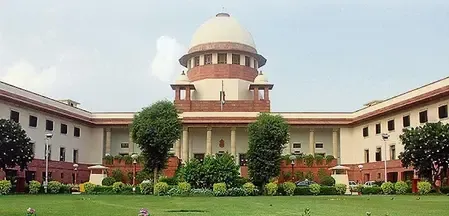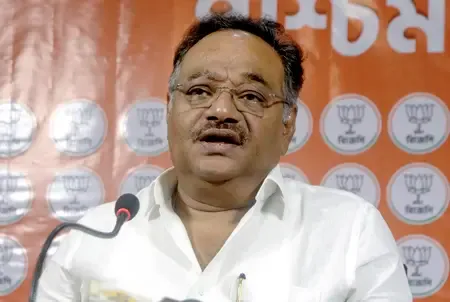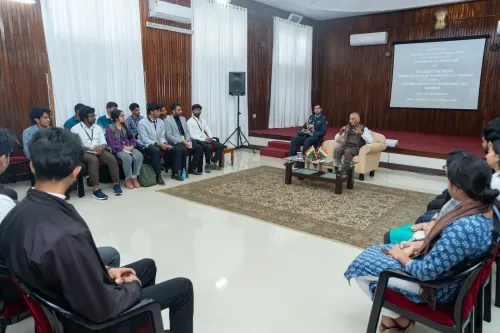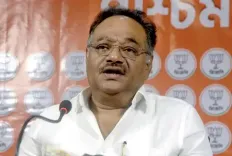Did SC Collegium Suggest Permanent Judges for Karnataka, Madras, and Tripura High Courts?

Synopsis
Key Takeaways
- The Supreme Court Collegium has recommended permanent judges for three High Courts.
- Key appointments include justices for Karnataka, Madras, and Tripura.
- The recommendations were made under the leadership of CJI B.R. Gavai.
- Appointments aim to strengthen the judiciary.
- The final decision rests with the President of India.
New Delhi, Sep 16 (NationPress) The Supreme Court Collegium, headed by Chief Justice of India (CJI) B.R. Gavai, has put forward recommendations for the appointment of permanent judges in the Karnataka, Madras, and Tripura High Courts.
In a resolution released on the official website of the Apex Court, it was stated, "The Supreme Court Collegium, during its meeting on 15th September 2025, has endorsed the proposal to appoint Shri Justice Kurubarahalli Venkataramareddy Aravind, currently an Additional Judge, as a Permanent Judge in the High Court of Karnataka."
Additionally, the Collegium has sanctioned the appointment of two Additional Judges, Justices N. Senthilkumar and G. Arul Murugan, as Judges of the Madras High Court.
Moreover, the Collegium has also approved the proposal for Shri Justice Biswajit Palit, Additional Judge, to be appointed as a Permanent Judge in the High Court of Tripura, as per another announcement from the SC Collegium.
The appointments of Chief Justices and Judges of High Courts are made by the President under clause (1) of Article 217 of the Constitution.
Meanwhile, Additional Judges may also be appointed by the President under clause (1) of Article 224 of the Constitution.
According to the Memorandum of Procedure (MoP) that governs the appointment of High Court judges, the Chief Justice of the High Court should refrain from recommending an Additional Judge when a vacancy for a permanent Judge exists.
In a recent meeting, the Apex Court Collegium has further approved the appointment of judicial officers Geetha Kadaba Bharatharaja Setty, Muralidhara Pai Borkatte, and Tyagaraja Narayan Inavally as Judges of the Karnataka High Court.
Additionally, the Collegium has recommended two advocates, Jiya Lal Bhardwaj and Romesh Verma, for appointment as Judges of the Himachal Pradesh High Court.










